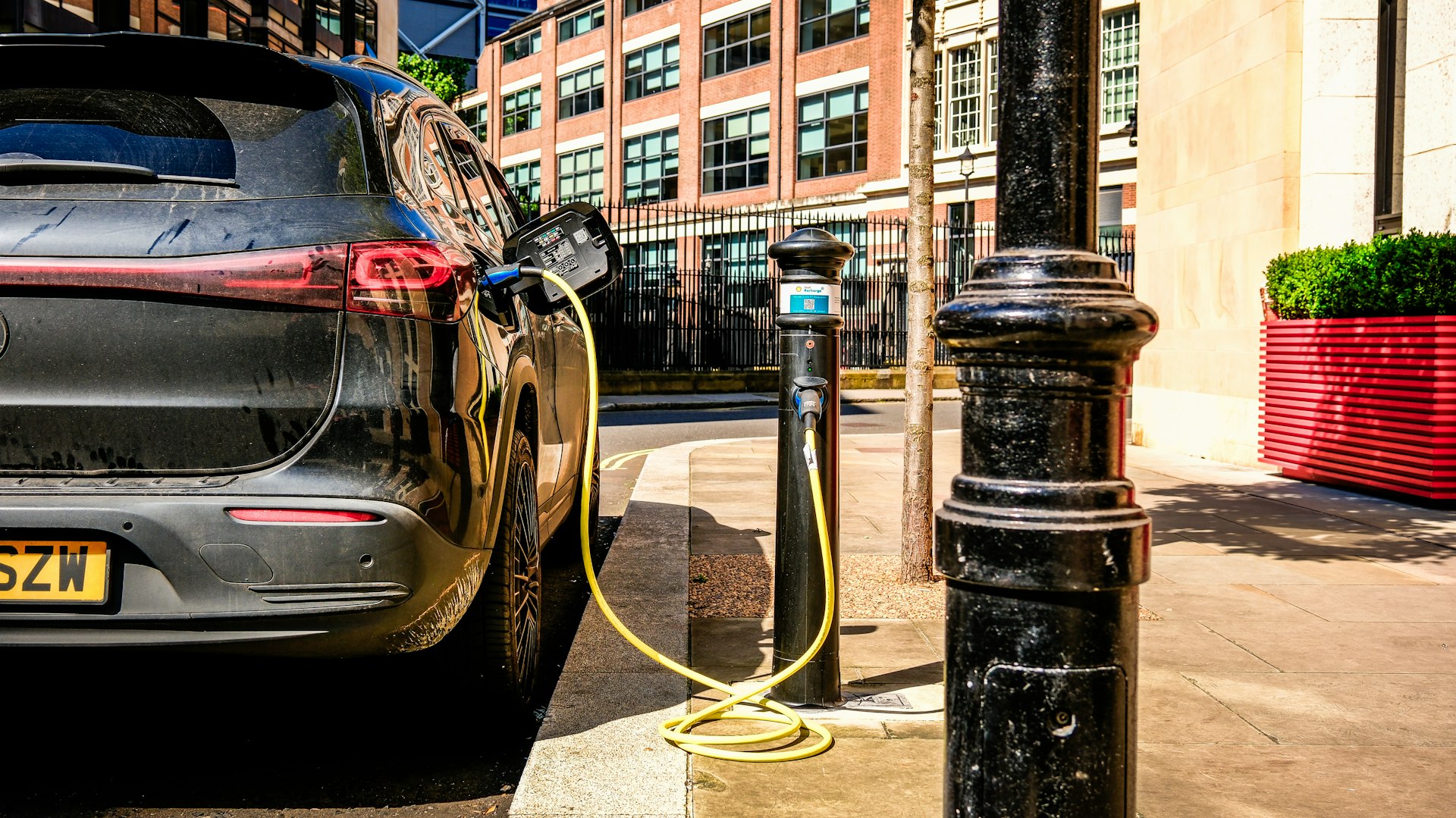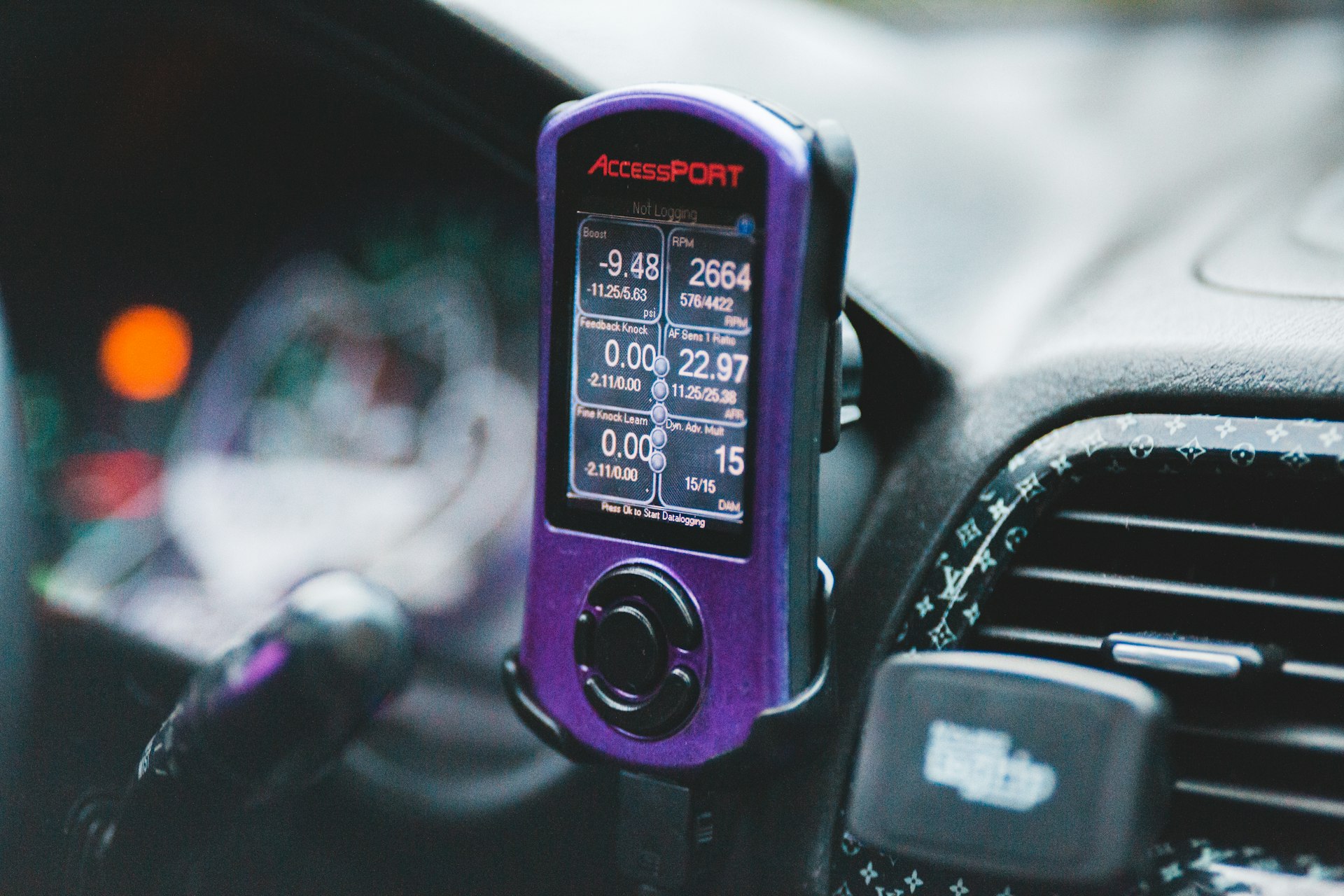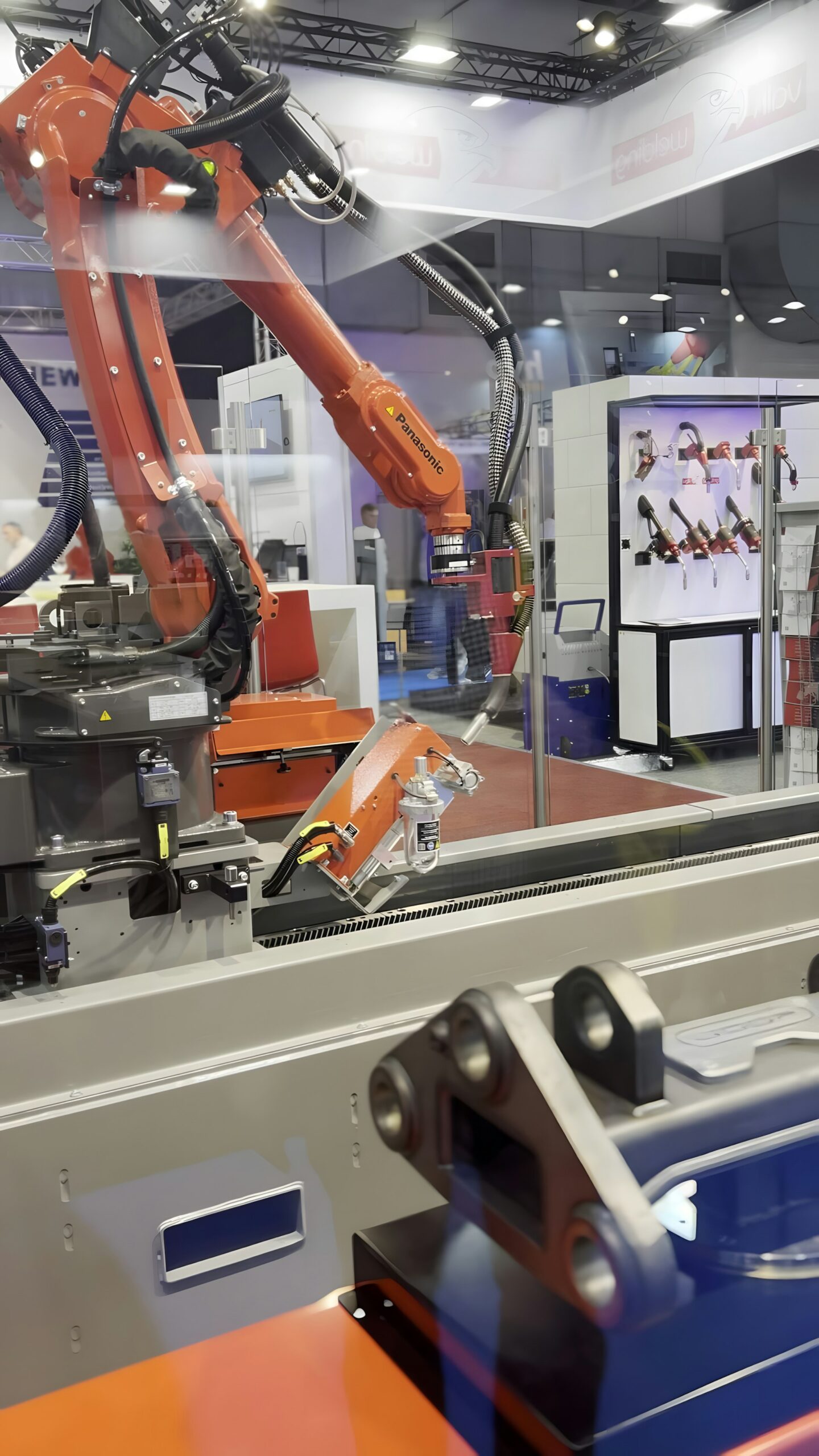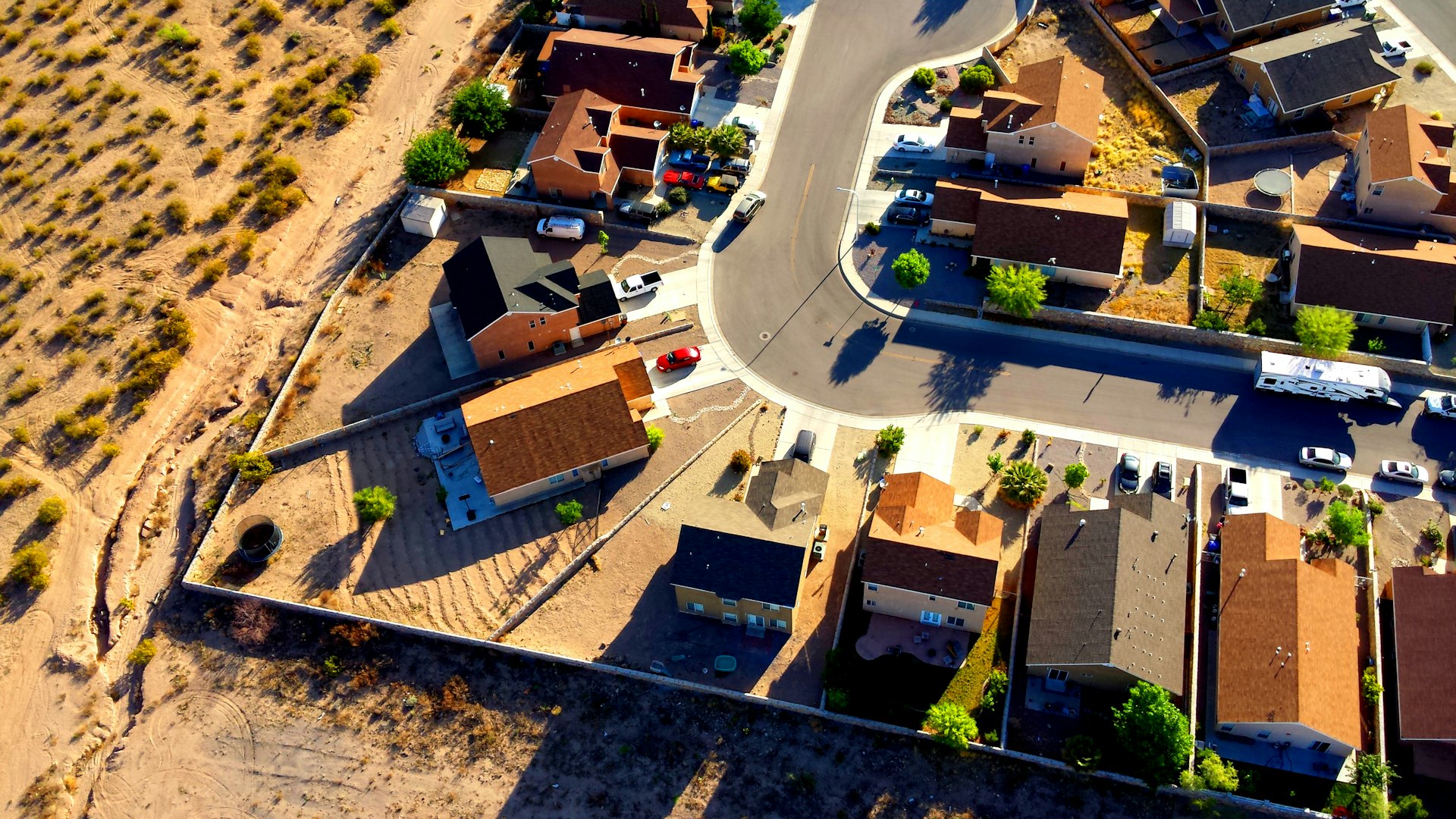How Smart Contracts Are Shaping the Future of Real Estate Deals

Photo by Jakub Żerdzicki on Unsplash
The Digital Revolution: Smart Contracts in Real Estate
The real estate industry, known for its reliance on paperwork, intermediaries, and lengthy closing processes, is undergoing a profound transformation. At the heart of this change are smart contracts -self-executing digital agreements powered by blockchain technology. As the market for these tools grows rapidly, experts predict widespread adoption will dramatically alter how buyers, sellers, and investors navigate real estate deals in the coming years [2] .
What Are Smart Contracts and Why Do They Matter?
Smart contracts are computer programs that automatically execute contract terms when pre-defined conditions are met. Unlike traditional contracts, which require manual oversight and verification, smart contracts operate transparently on a blockchain, greatly reducing the risk of human error and fraud. For real estate, this means property transfers, rental agreements, escrow services, and title management can be automated and secured [3] .
Key Benefits: Efficiency, Cost Savings, and Security
One of the most striking advantages of smart contracts in real estate is increased efficiency . Automating processes such as property transfers and payment handling reduces closing times by up to 30%, while transaction costs can drop by as much as 50% [2] . These gains stem from eliminating intermediaries like brokers and legal advisors, streamlining what is often a weekslong ordeal into a process that may take only days.

Photo by Amina Atar on Unsplash
Other core benefits include:
- Transparency: All actions are recorded on an immutable blockchain ledger, making it easy to trace property histories and ownership records [1] .
- Security: Cryptographic protocols and decentralized storage make tampering and fraud much more difficult. Every transaction is verified and logged, increasing trust among participants [3] .
- Global Accessibility: Buyers and sellers from different countries can transact more easily, opening up new markets and investment opportunities [1] .
- Tokenization: Properties can be divided into digital tokens, enabling fractional ownership and lowering the barrier for smaller investors [1] .
How Smart Contracts Work in Real Estate Transactions
Imagine a property sale where the buyer and seller agree to terms digitally. The smart contract verifies payment, checks for completion of required documents, and-once all pre-set conditions are met-automatically transfers ownership on the blockchain. There is no need for a lengthy closing process or manual escrow management. In rental agreements, smart contracts can automate lease payments, manage security deposits, and resolve disputes by executing predefined rules [3] .
For those interested in leveraging smart contracts, you can consult with blockchain-focused law firms or technology consultancies specializing in real estate transactions. Ask about their experience with property tokenization and digital contract implementation in your state or country. Since regulations and technical infrastructures can differ, working with experts ensures compliance and smooth adoption.
Artificial Intelligence: Making Smart Contracts Smarter
The integration of artificial intelligence (AI) is taking smart contracts in real estate even further. AI enhances automation, improves security by detecting suspicious activities, and ensures accuracy by analyzing contract data before execution [4] . For example, AI can verify that all payments have cleared before automatically approving a property transfer, or flag irregularities if an unauthorized party tries to access sensitive documents.
To adopt AI-enhanced smart contracts, real estate professionals can partner with technology vendors who offer blockchain and AI integration services. When evaluating providers, request case studies or references from other real estate clients, and ask about their data privacy protocols.
Tokenization: Lowering Barriers for Investors
Tokenization converts real estate assets into digital tokens, each representing a share of the property. This allows for fractional ownership , enabling smaller investors to participate in large deals that would otherwise be inaccessible [1] . Platforms offering real estate tokenization typically require users to complete identity verification and comply with local regulations. To get started, search for “real estate tokenization platforms” and carefully review their compliance standards, investor protections, and track records before participating.
Potential Challenges and Solutions
Despite their promise, smart contracts in real estate face several challenges:
- Legal Recognition: Not all jurisdictions recognize blockchain-based contracts as legally binding. Always verify local laws and consult with qualified real estate attorneys before entering such agreements.
- Technical Integration: Implementing blockchain solutions requires significant investment in technology and training. Businesses can address this by starting with pilot programs and working with experienced technology vendors.
- Data Privacy: While blockchain is secure, sensitive personal and financial information must be protected. Choose solutions that comply with privacy regulations and offer robust encryption.
If you are considering a smart contract for your real estate deal, begin by consulting a real estate attorney familiar with blockchain technology and checking for industry certifications or partnerships with established blockchain organizations.
Step-by-Step Guide to Accessing Smart Contract Solutions
- Research and identify blockchain technology providers or platforms that offer smart contract solutions for real estate. Look for firms with strong reputations and proven case studies in property transactions.
- Consult with a real estate attorney or advisor who understands both traditional and digital contract structures. Ask them to review the smart contract terms and assess compliance with your local regulations.
- Request demonstrations or pilot programs from vendors to see how their smart contract systems work in real-world scenarios. Ask for references from other real estate clients.
- Prepare all required property documentation in digital format, as most smart contract systems require electronic submission of deeds, proof of ownership, and payment records.
- Once satisfied with the platform and legal compliance, proceed with a small transaction to familiarize yourself with the process before scaling up to larger deals.
If you can’t find a suitable provider, consider contacting your local real estate association or searching for “blockchain real estate solutions” and filtering results by company reviews and regulatory compliance.
Alternative Approaches and Future Outlook
While smart contracts are gaining traction, traditional paper-based and manual digital contracts still dominate the industry. However, as more real estate professionals recognize the efficiency, cost savings, and security of smart contracts, adoption is expected to accelerate. Industry forecasts predict the global smart contract market will grow from $2.14 billion in 2024 to $12.55 billion by 2032, highlighting the rapid pace of change [2] .
For those interested in keeping pace, ongoing education is key. Attend real estate technology conferences, subscribe to industry journals, and seek out webinars on blockchain adoption in property markets. By staying proactive, you’ll be well positioned to benefit from the evolving landscape of real estate transactions.
References
- [1] Rapid Innovation (2024). Smart Contracts in Real Estate: Benefits, Use Cases, and Examples.
- [2] Primior (2024). Smart Contracts in Real Estate: Why 83% of Property Deals Still Fail Without Them.
- [3] International Banker (2024). Why the Outlook for the Smart Contracts Market Is So Positive.
- [4] Damco Solutions (2024). Smart Contracts and AI: Simplifying Real Estate Transactions.
- [5] Quest (2024). Top Real Estate Technology Trends Shaping 2025.
MORE FROM smartsavingsfinder.com













